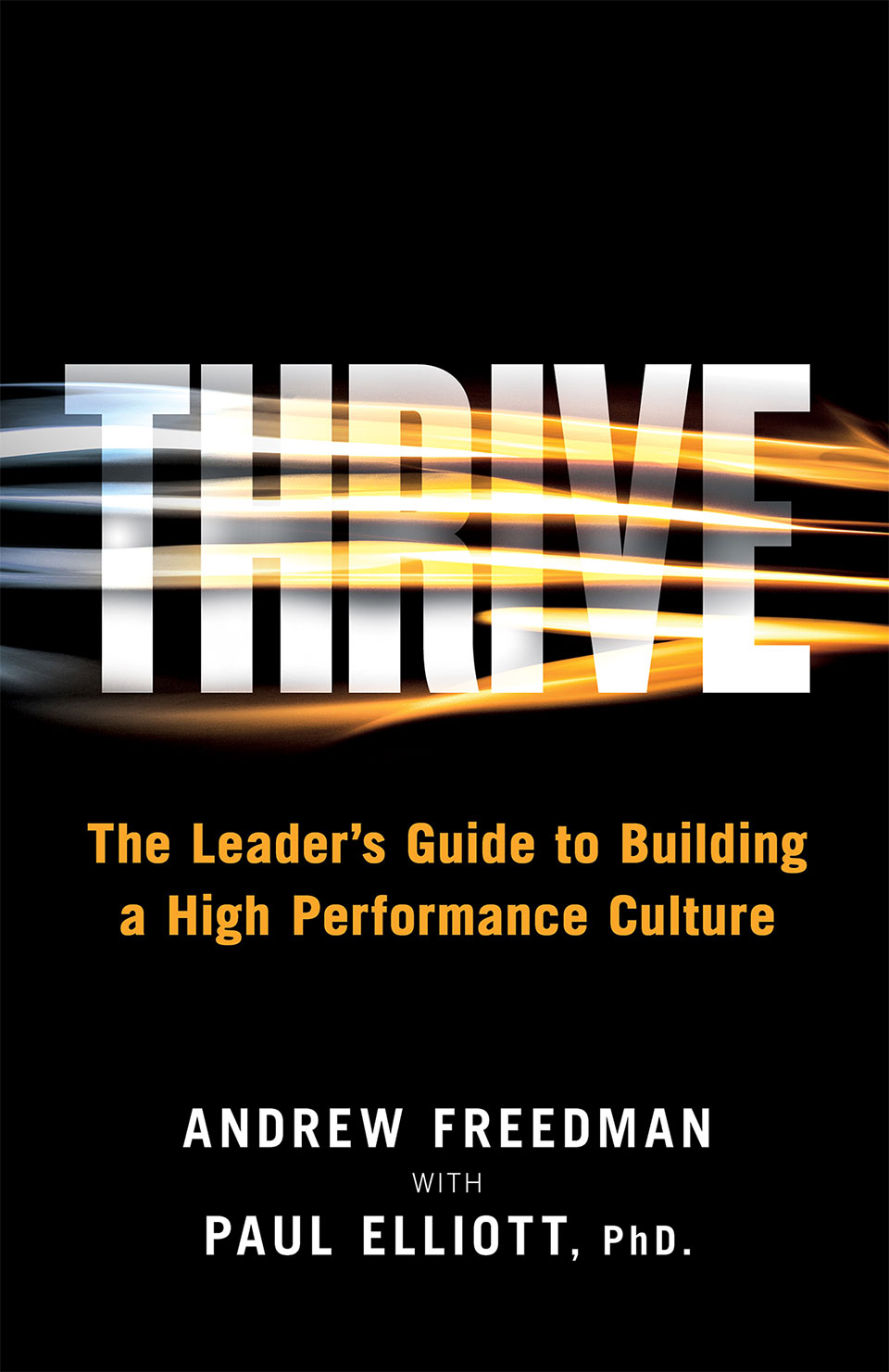8 Factors Hindering Your Company’s Performance

Have you ever heard a leader say, “I want to figure out how to make this a difficult place to work! I want to demotivate my employees!”? Of course not.
In our experience as a consulting firm focused on transforming workforce engagement and performance, we often see common issues that create barriers to individual, team, and organizational excellence. These issues lead to employee disengagement, disconnection, distrust, and ultimately degradation of performance.
Here are eight things that might be hindering your company’s performance.
- Poorly Designed Systems
When the right performance support and job aids are embedded within a system, understanding and performance accelerate. However, when they are not embedded within a system, business performance degrades.We recently encountered an example of this on a poorly designed website that kept asking us to provide information that we had already entered. This lack of end user focus is a common problem with a majority of corporate systems that we encounter. This lack of design thinking has a direct impact on critical metrics such as Net Promoter Score, revenue, customer retention, and profit.
- Lack of Resources
If you ask someone to do a job well, you need to give them the tools they need to do the job well. When someone lacks the proper resources to complete the task at hand (be it time, information, guidance, or otherwise), their performance will suffer.A shortage of effective managers for a sales team, for example, creates constant time pressure on the managers. Lack of quality information and guidance can result in confusion about organizational goals. Ultimately, lack of resources leads to low performance quality.
- Ineffective One-on-One Meetings
One-on-one meetings can be some of the most valuable times in a manager’s and their team members’ week. They have the potential to positively impact engagement and performance. However, most organizations do a poor job of meeting management.Based on our research and our experience in working with over 700 businesses, one-on-one meetings – as conducted in most organizations – are just another time-wasting event. They lack purpose, preparation, and effective follow up.
- Vague Feedback
We once talked to an employee who said, “My boss told me I didn’t get the promotion because I’m not a good team player.” When the employee asked what that meant, her boss said, “You need to work better with your colleagues.” That feedback was not measurable or actionable; she had no action steps for improvement. She left the meeting uninspired, confused, and feeling undervalued.Managers also must provide specific, relevant, measurable feedback about opportunities for development. Otherwise, your employees will have no path forward to improve, and the feedback is only demoralizing.
- Contradictory Information
All too often, we see employees receiving different sets of instructions or objectives from different people in the company. For example, in a call center, frontline managers may tell their teams to “just get calls done!” Executive leadership, however, had told the frontline managers that the company’s desired outcomes were to create more high-performing direct reports and grow team capabilities. This lack of alignment immediately hinders progress. The new wrinkles muddy what was previously clear, and the company adopts practices that degrade performance. - Lack of Career Mobility
We’ve seen it time and time again: when career-aspiration conversations don’t happen, employees leave. Anyone willing and able to demonstrate high performance wants to grow and evolve in their work, but not everyone wants to vertically ascend in an organization to become a manager or leader. Growth and development look different for each person. Growth and mobility, including advancement opportunities, must be part of an open, ongoing dialogue. - Unbalanced Compensation Systems
One of the factors that creates significant drag in any performance system is the misalignment of compensation. Too many organizations fail to focus on aligning rewards and recognition in a fair and balanced way.For example, a compensation structure that awards a higher percentage of commissions to the acquisition of new business aligns will not resonate with employees who thrive by deepening relationships and retaining customers.
For each role to deliver significant economic value to an organization, appropriate recognition and rewards are needed for each team member.
- Deceleration Through Recognition
Did you know that recognizing an employee for their high achievements can actually de-motivate them? Leaders must be wary of unintentionally having recognition be experienced as a negative consequence— actually making visible achievement something to avoid.For example, when high performers excel, leaders may “reward” those individuals with additional responsibilities. This happens because leaders see value and further potential in these individuals. However, these additional tasks only increase these employees’ workload, resulting in longer work weeks. When “success” at your company means extra work, employees will burn out quickly and lose the desire to succeed.
This article was adapted from the book, Thrive: The Leader’s Guide to Building a High-Performance Culture (Lioncrest Publishing; January 11, 2021), written by Andrew Freedman and Paul Elliott. Andrew is Managing Partner at SHIFT Consulting and an affiliate faculty member at the University of Baltimore. Paul is President, Founder, and Chief Performance Architect at Exemplary Performance LLC.

Have you read?
World’s Best Countries – Cultural Heritage Influence.
World’s Best Countries – Retirement.
World’s Most Forward-Thinking Countries.
World’s Best Countries For Raising Kids.
World’s Most Entrepreneurial Countries.
Bring the best of the CEOWORLD magazine's global journalism to audiences in the United States and around the world. - Add CEOWORLD magazine to your Google News feed.
Follow CEOWORLD magazine headlines on: Google News, LinkedIn, Twitter, and Facebook.
Copyright 2025 The CEOWORLD magazine. All rights reserved. This material (and any extract from it) must not be copied, redistributed or placed on any website, without CEOWORLD magazine' prior written consent. For media queries, please contact: info@ceoworld.biz








